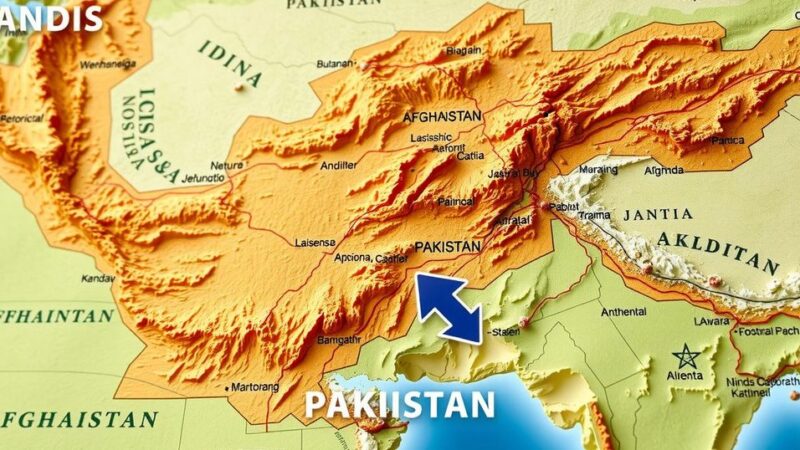COP29 in Baku presents an opportunity for the UK to demonstrate climate leadership in light of America’s uncertain commitment under Trump. The diminished presence of global leaders raises challenges for the conference, yet the UK can capitalize on its post-Brexit position by facilitating collaboration and financial agreements, particularly with the Global South, amid escalating climate crises.
The upcoming COP29 climate conference in Baku presents a pivotal opportunity for the United Kingdom to assert itself as a leader in climate action. With the recent U.S. election yielding a president known for climate skepticism, the continuity of American commitments to global climate agreements remains uncertain, as exemplified by the turmoil surrounding the country’s participation. Furthermore, diminished attendance from key national leaders exacerbates an already grim outlook, with many countries sending representatives of lesser stature. This year, significant leaders from BRIC nations—Brazil, Russia, India, and China—are notably absent, alongside European leaders facing their respective domestic crises. Additionally, the context of COP29 unfolds against the backdrop of escalating climate disasters, signaling the urgency for immediate action. Yet, amid these challenges, the UK could potentially leverage its position post-Brexit to foster collaborative initiatives and take a proactive stance on climate leadership. Notably, the participation of Prime Minister Sir Keir Starmer and Energy Secretary Ed Miliband at the conference bodes well for the UK’s role, inspiring hope that the UK may invigorate discussions on necessary financial frameworks, including a proposed $1 trillion transfer to facilitate climate efforts in developing nations. If effectively harnessed, the opportunities presented during this summit could lead to substantive advancements in international climate commitments.
The climate action landscape is significantly influenced by global political dynamics, including the United States’ fluctuating stance on climate agreements. With Donald Trump’s reelection, concerns have arisen regarding the continuity of international commitments made under the Paris Agreement, previously jeopardized during his first term when he withdrew the U.S. from the accord. Compounding this uncertainty, key leaders from major economies are notably absent from COP29, raising questions about the efficacy of international negotiations and commitments to climate action. This context is critical as nations confront increasing climate-induced disasters and the pressing need for global cooperation.
In conclusion, COP29 emerges as a crucial juncture for the United Kingdom to assert climate leadership in the absence of key global players. While the challenges are formidable, particularly with the diminishing presence of influential nations and rising climate crises, the UK has the potential to facilitate meaningful dialogue and commitments towards climate action. As the summit unfolds, it remains essential for the global north, particularly the UK, to engage substantively with the Global South, acknowledging their voices and contributions towards a greener future.
Original Source: www.independent.co.uk







